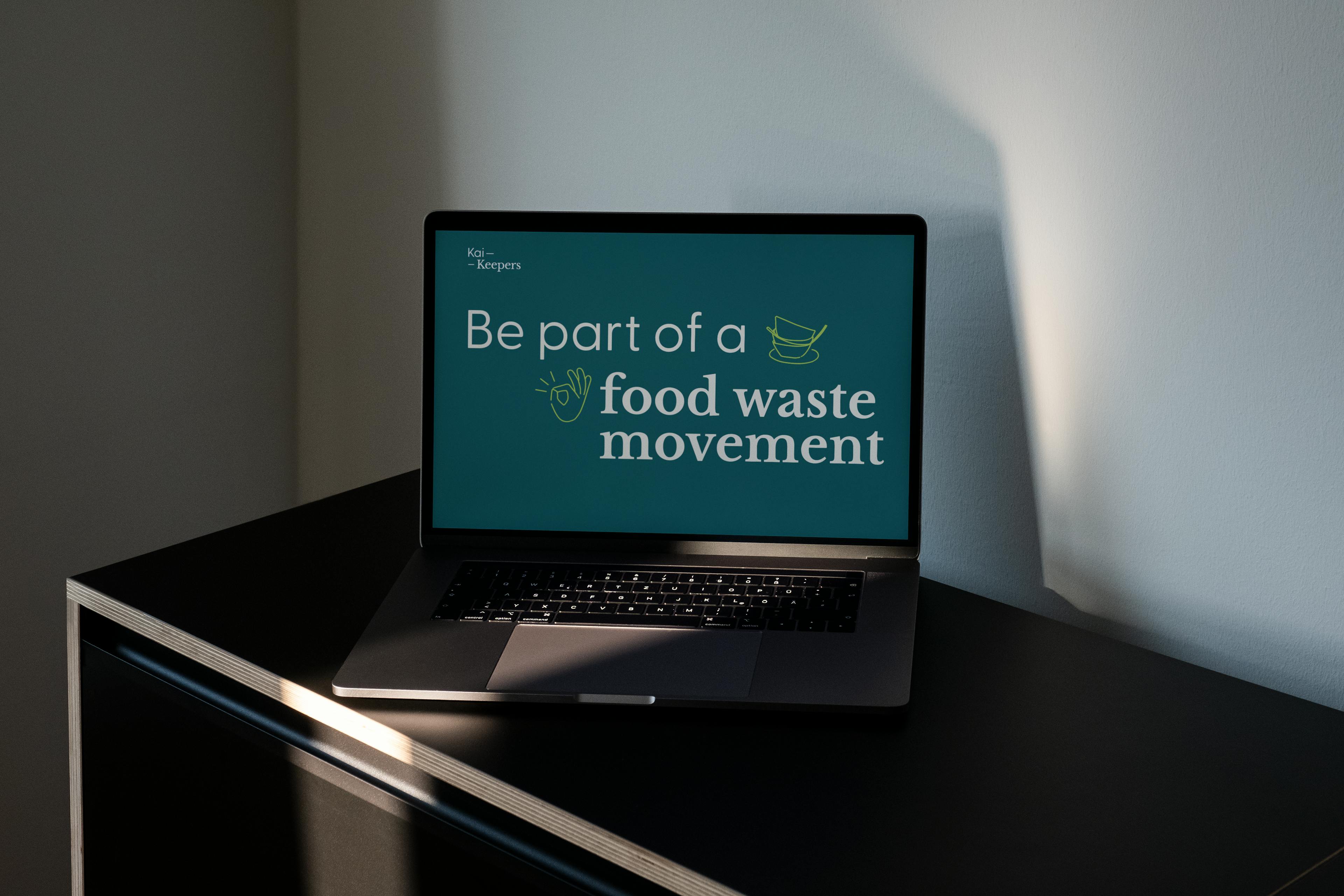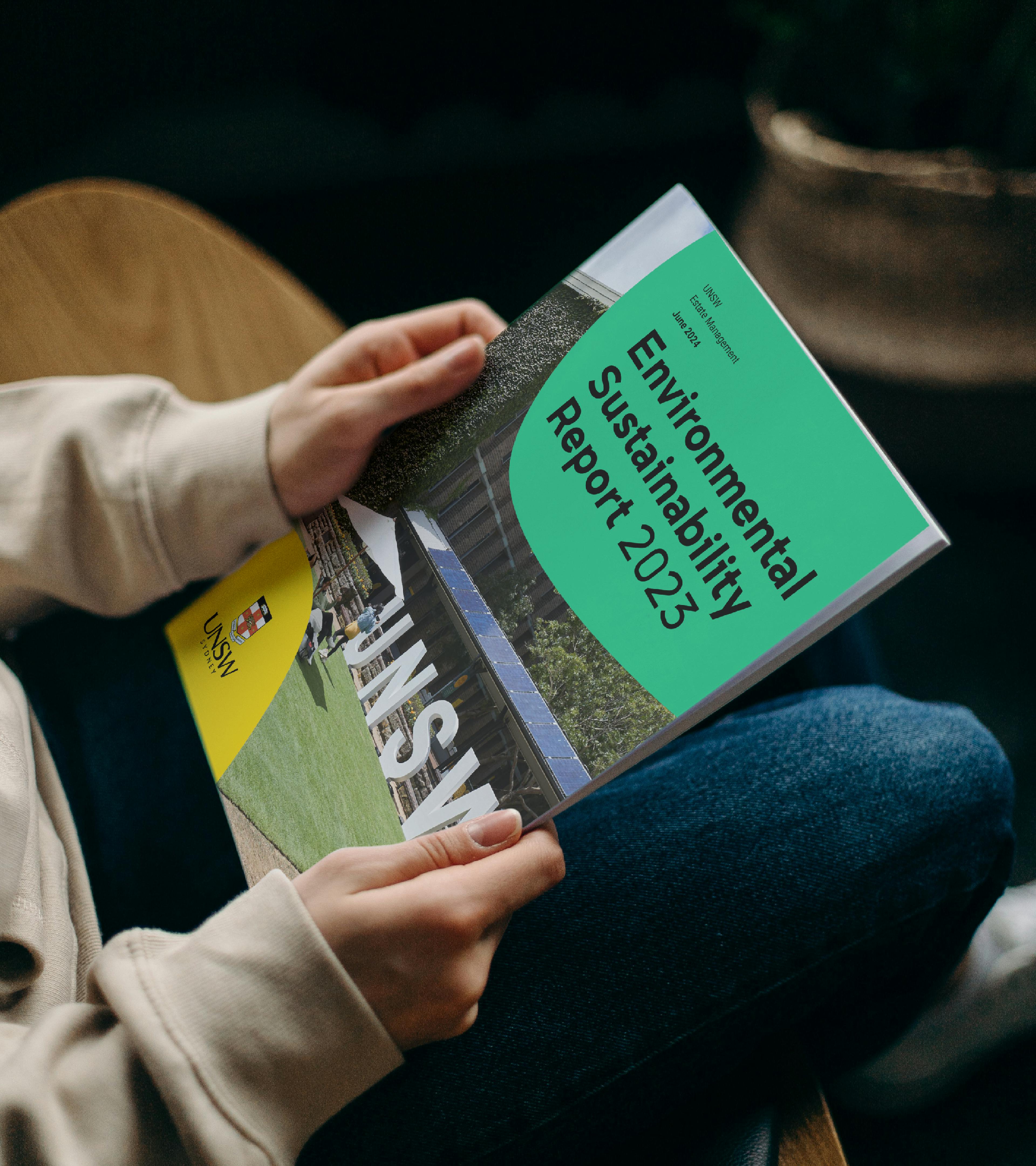
Launching A Food Waste Pilot Programme
Edge Impact and The Restaurant Association have partnered to launch Kai Keepers: a groundbreaking pilot programme aimed at keeping food where it belongs.
Each year, Aotearoa’s cafes and restaurants generate nearly 25,000 tonnes of food waste, and a shocking 61% of it is entirely avoidable.
When this food goes to landfill it’s a wasted opportunity to advance sustainability for the hospitality industry and improve financial outcomes for operators.
To tackle this pressing issue and provide the data insights to drive awareness and action across the industry, the Restaurant Association in conjunction with Edge Impact is launching Kai Keepers, a groundbreaking initiative aiming to change food waste monitoring and outcomes for cafes and restaurants throughout the Auckland and Bay of Plenty regions.
This two-and-a-half-year pilot programme involves 120 participants and is divided into two stages: a ‘baseline’ assessment to measure businesses’ food waste and a pilot to test various ‘interventions’ aimed at reducing food waste.
Participants will engage in a one-week pilot starting February 2024 to measure their food waste. The baseline assessments will be conducted at specific intervals: Baseline one at the end of February, baselines two and three in March, and baseline four at the start of April 2024.
The second step involves participants taking part in a four-week food waste pilot, commencing at various intervals between July 2024 and February 2025. The pilots will trial different interventions to identify the most impactful strategies for reducing food waste.
This structured approach ensures a thorough examination of food waste behaviours and the effectiveness of interventions across varying timeframes.
We're thrilled to unveil our year-long collaborative journey with The Restaurant Association, leading to the launch of a groundbreaking initiative that tackles food waste head-on in Aotearoa NZ.
This program is a testament to the industry's ongoing efforts to minimise food waste, aiming to enhance these through rigorous behaviour change interventions and control trials. Our partnership is dedicated to developing practical solutions that not only uplift the economic health of our restaurants and cafes but also make a lasting positive impact on our environment.
Hannah Pennington, Principal Consultant, Circular Economy & Lifecycle Thinking

To learn more about the programme, click here or get in touch with Hannah Pennington at: hannah.pennington@edgeimpact.global
The overwhelming support and interest from the members of The Restaurant Association and their staff to participate in this program highlight the collective drive towards setting new benchmarks in environmental stewardship.
“The main objectives of this project are to assess current food waste levels in the kitchens of Restaurant Association members, test behaviour change interventions, and identify the most effective strategies to reduce food waste. Findings from these pilots will not only provide critical insights but will also play a vital role in informing a nationwide rollout of a food waste reduction programme,” said Marisa Bidois, CEO of the Restaurant Association.
“This project represents a unique opportunity to increase our knowledge and understanding of the quantity and causes of food waste and for businesses to play a pivotal role in addressing the industry’s food waste challenges.
The Restaurant Association, in collaboration with project partners Edge Impact, will provide support throughout the pilot, offering training and being available to address questions or provide on-site assistance.”
The financial impacts from avoidable food waste, combined with the real and present concerns from the industry around labour shortages, and the rising cost of food and labour, present a powerful reason for the industry to act.
While the pilot is designed to minimise disruption to business operations, it promises to deliver invaluable insights into food waste and guidance on areas where businesses can make improvements.
Interested in this programme? Sign up for the Food Waste Behaviour Change Pilot here.

CRJO partnered with Edge to develop a toolkit for retrofitting homes, boosting bushfire resilience for homeowners, councils, and industry.

We set out to unpack the nature-related impacts and dependencies through UNSW’s supply chain.

